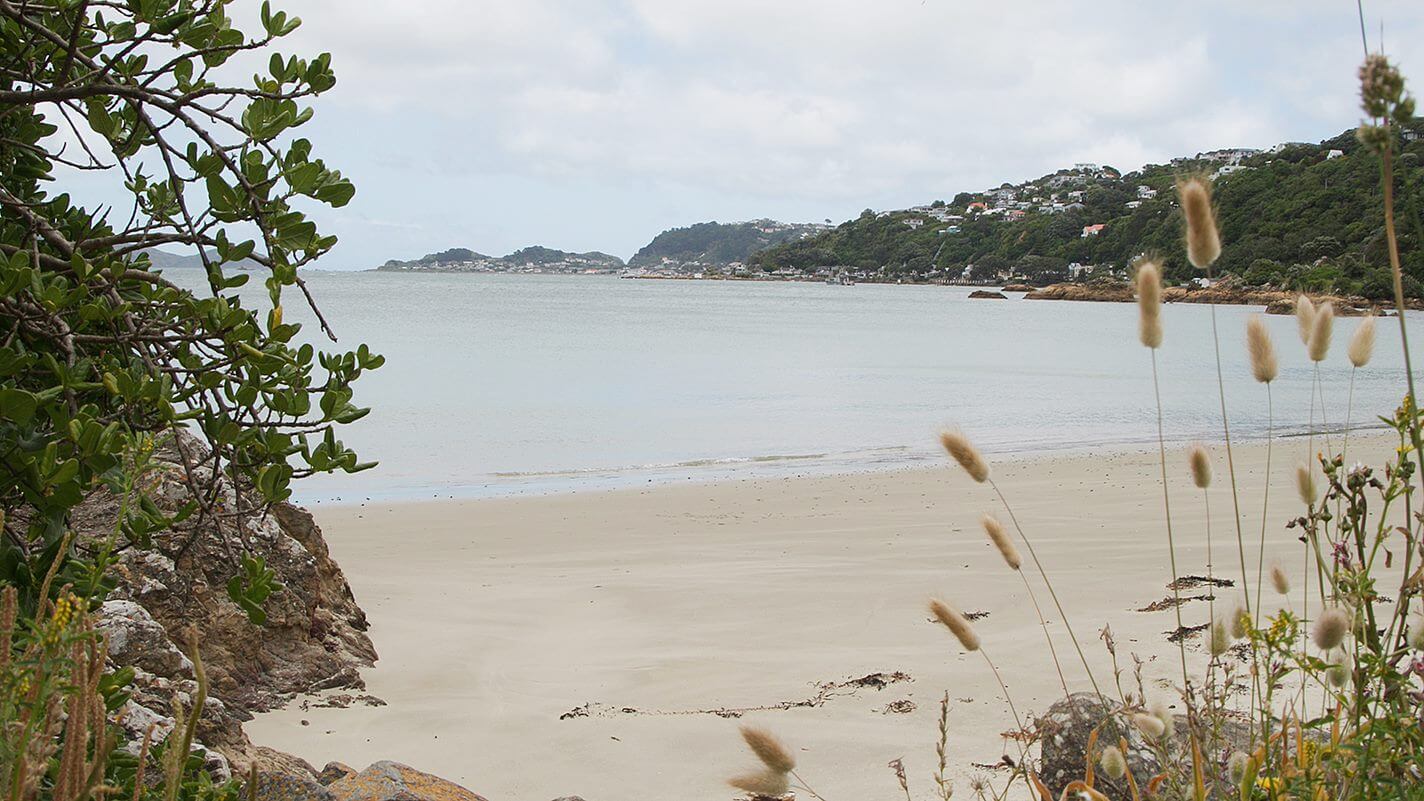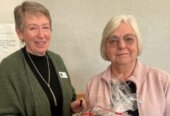
Our sandy beaches can be a hazard – but those cricket and frisbee sessions have resulted in some bad injuries.

Our sandy beaches can be a hazard – but those cricket and frisbee sessions have resulted in some bad injuries.
New figures from ACC show that over the past 10 years, there have been an average of almost 1400 claims for sand-related injuries in the six-week period between December 20 and January 31.
It amounts to almost 14,000 holiday makers being injured in that time.
These injuries have come at a cost of about $10.3 million, or $1.03m each year, to help people recover.
Waikato is second on the sand injury list with 174 injuries over that period.
The figures show that nationwide, soft tissue injuries like muscle strains, ligament tears, and bruises account for 45 per cent of injuries and ankles and knees take the brunt.
Cuts and stings account for 9 per cent of injuries, while a small number of claims, about 4.5 per cent relate to sand getting in people’s eyes.
There were 1433 sand-related injuries in this six-week period in 2021-22, the second-highest in the past 10 years behind the 1446 claims recorded in 2018-19.
Last year’s cost of $1.4m to help people recover was the equal-highest in the past 10 years, along with 2018-19.
The data shows most injuries occur while people are walking and running or doing a sporting or recreation activity.
ACC injury prevention leader James Whitaker says exercising and playing on the beach can lead to increased muscle and ligament fatigue because of the uneven and unstable nature of sand.
This risk can increase if exercising barefoot because of the extra strain on muscles and ligaments.
“Kiwis love getting down to the beach in the hot summer months to exercise, play sport, and spend time with family and friends,” Whitaker says.
“Whether it’s some beach cricket or football or just throwing a ball or frisbee around, the beach is a great place to be, and we love that Kiwis get out there amongst nature.
“But we also know that exercising on the beach poses unique injury risks because of the extra strain soft surfaces like sand can put on our muscles and joints.
“If we are not used to exercising on these surfaces, we can increase our chance of getting injured.”
Research shows 90 per cent of all injuries are predictable and therefore preventable, and Whitaker says there are ways to stay safe while playing or exercising on the beach these holidays.
“If planning to run along the beach, spend time getting used to uneven surfaces by standing on gravel or running short distances on sand to begin with; avoid taking excessive strides; and don’t lean too far forward on your foot.
“For people heading to the beach for some sun and recreation, be aware of muscle fatigue, check the ground below you for uneven surfaces and foot holes, and avoid overdoing it because a lot of injuries can happen when we are tired and not concentrating.
“Be aware also that exercising barefoot will give you less support for your muscles and joints and can increase the chance of cuts from things like stones and seashells.
“We can’t wait to see everyone out there on the beach this summer, but we want everyone to stay safe so they can continue doing the things they love with their friends, family, and workmates.”
ACC claims for sand-related injuries Dec 20 – Jan 31 (10-year totals)
- Total injuries: 13,699
- Total cost: $10.3 million
- Most commonly occur during: Recreation/sporting activity (3201 claims), walking/running (3182 claims)
- Most common injuries: soft tissue (45%); cuts and stings (9%), sand in eye (4.5%), fracture/dislocation (4%)
- Most injured part of body: ankle (1167), knee (1108), eye (933), lower back/spine (883), foot (802)








